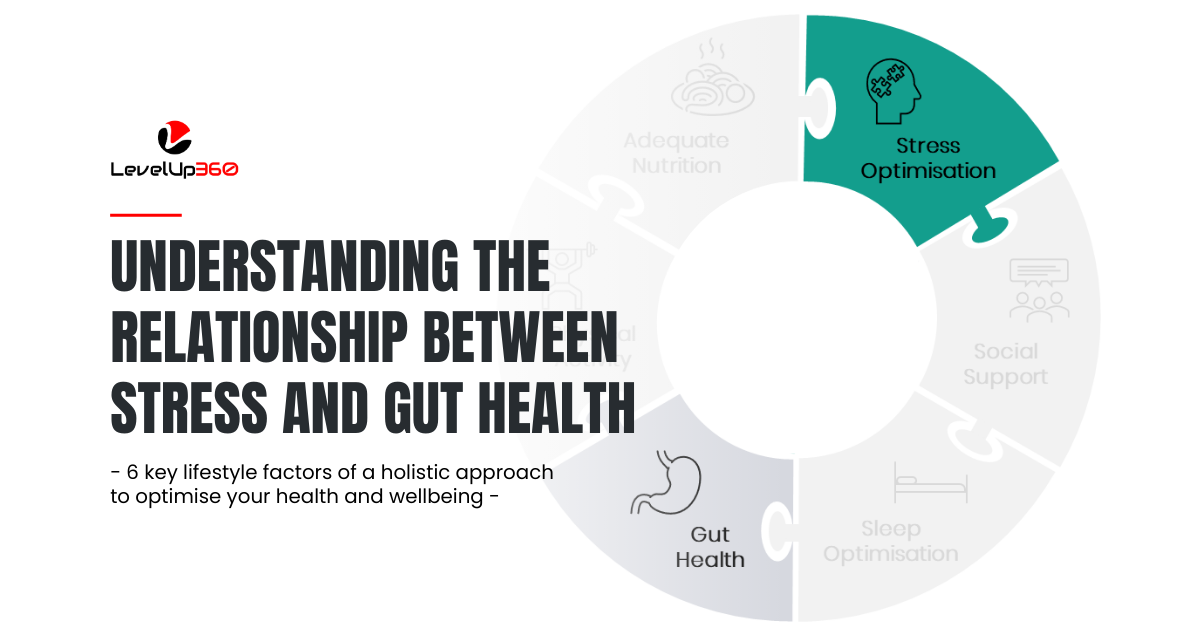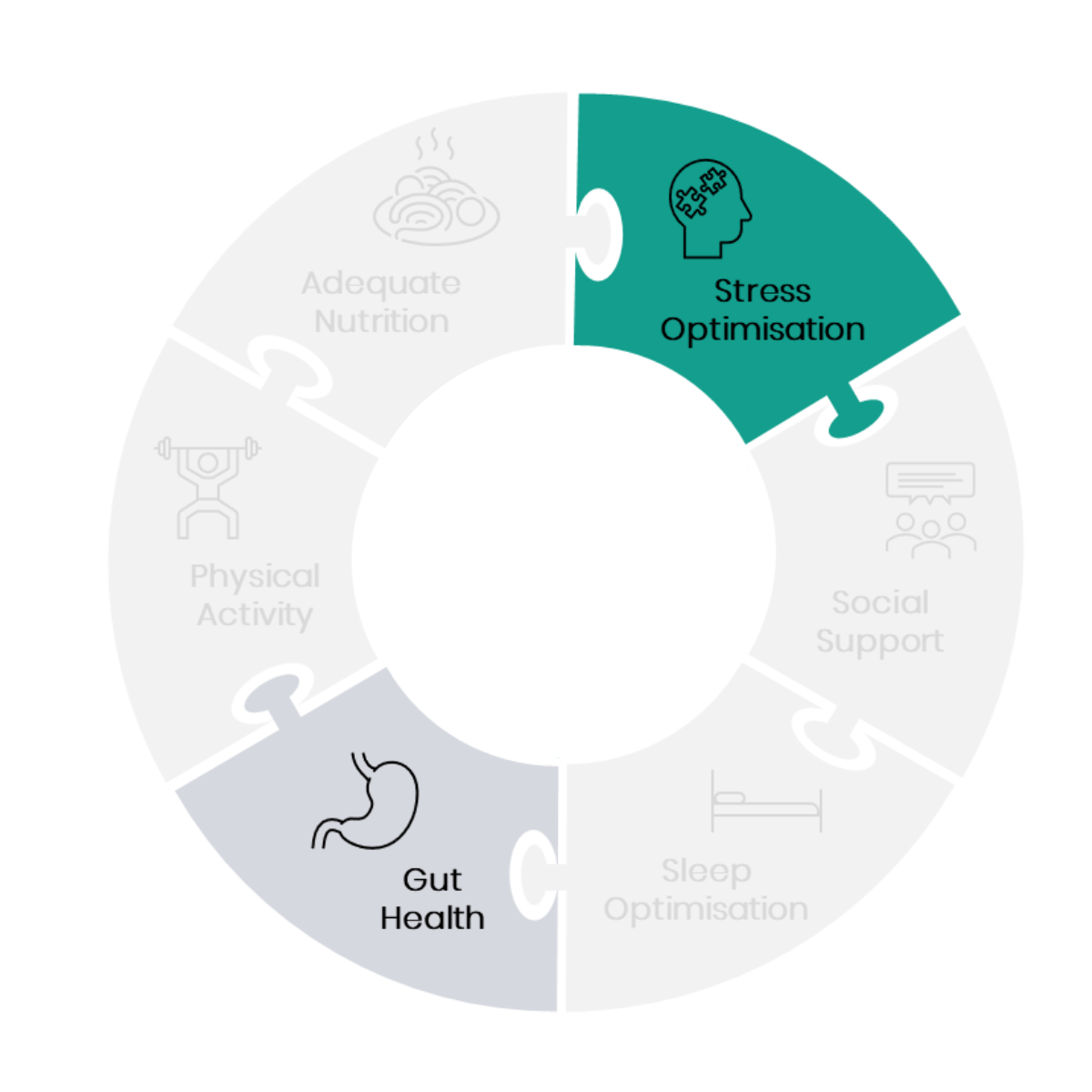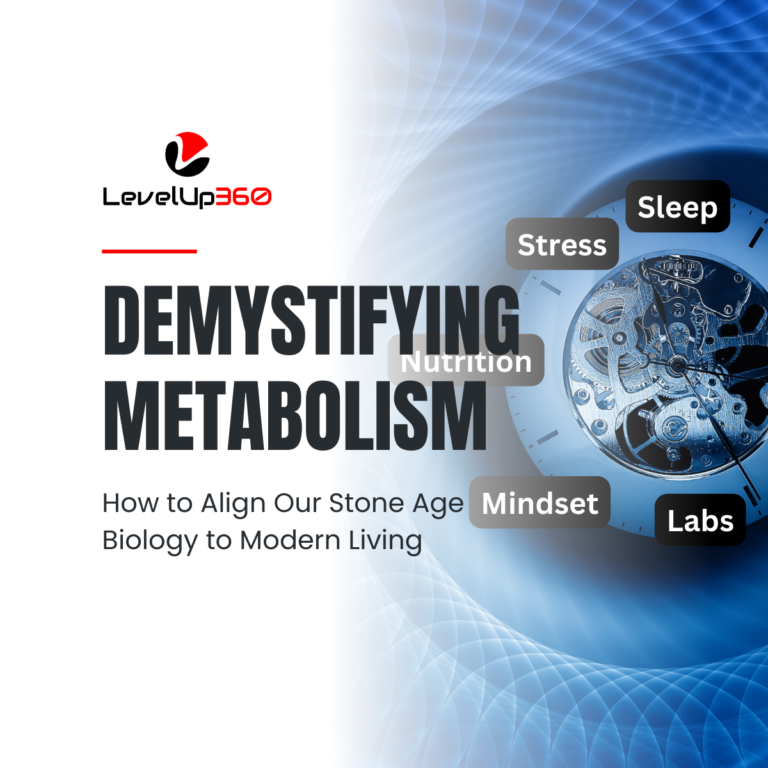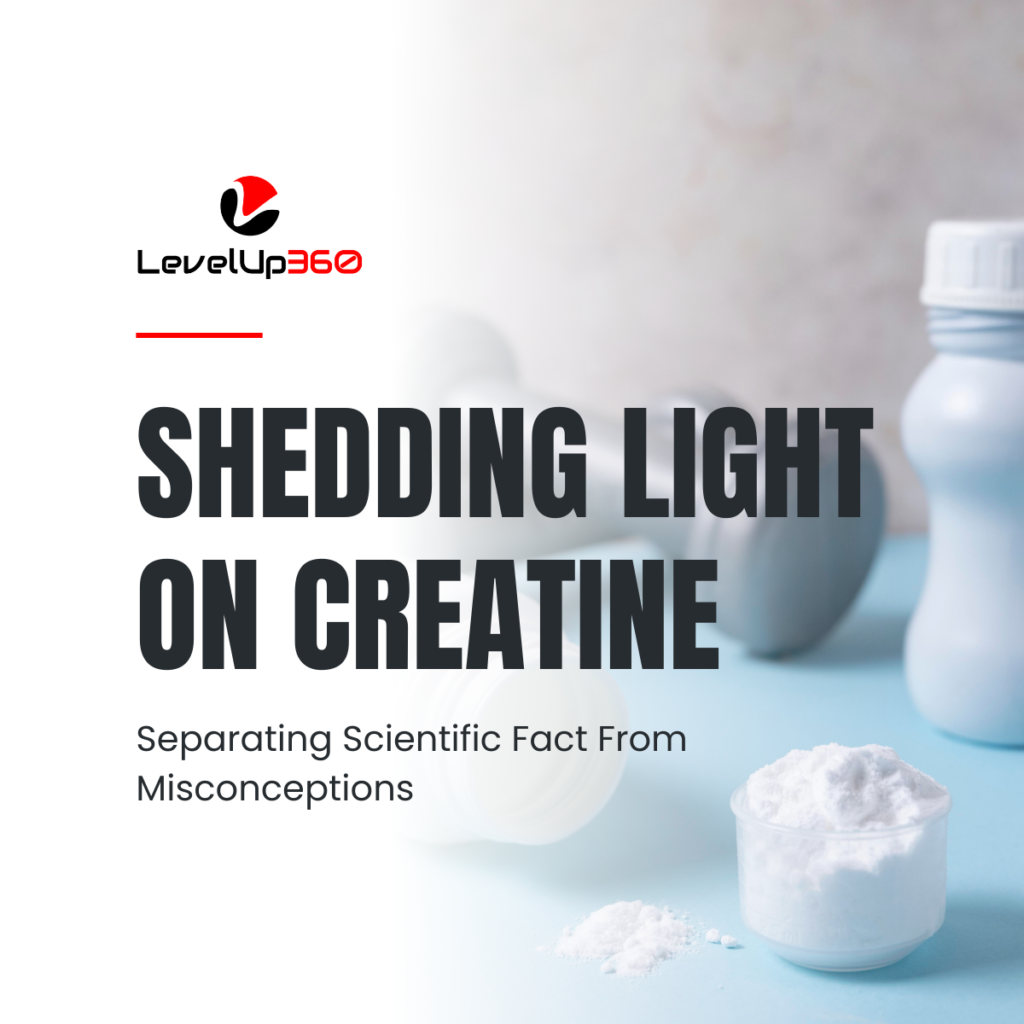
Understanding the relationship between stress and gut health
This is Part 3 of a series of articles focusing on the interplay between adequate nutrition, physical activity, gut health, sleep optimization, stress optimization, and social support, and their importance in achieving and maintaining optimal health.
In Part 2, we explored the relationship between nutrition and gut health (I would recommend you read Part 1 and Part 2 and then come back to this article).
In today’s article, we will explore the interlinked relationship between stress and gut health.
The gut microbiome plays a critical role in the body’s ability to manage stress and cope with stress-related health problems, while stress can also negatively impact gut health.
The impact of stress on gut health
Chronic stress can disrupt the gut microbiome
Stress can negatively impact gut health, with research showing that chronic stress can disrupt the gut microbiome by:
- Altering gut microbiome: Chronic stress has been shown to disrupt the delicate balance of gut bacteria, leading to an overgrowth of harmful bacteria and decreased diversity of the gut microbiome, which can increase the risk of gut-related disorders.
- Increasing gut permeability: Chronic stress can increase gut permeability, allowing harmful substances to enter the bloodstream and potentially causing inflammation and other gut-related problems.
- Decreasing digestive function: Stress can cause digestive problems such as acid reflux, abdominal pain, and diarrhoea, which can negatively impact gut health.
- Suppressing the immune system: Chronic stress has been shown to suppress the immune system, increasing the risk of gut-related infections and other health problems.
- Reducing beneficial gut bacteria: Stress has been shown to reduce the abundance of beneficial gut bacteria, further exacerbating gut-related problems.
The gut microbiome plays a critical role in the body's ability to manage stress and cope with stress-related health problems
A disrupted microbiome
A disrupted microbiome can lead to a variety of digestive problems, including:
- Irritable bowel syndrome (IBS): Stress can trigger symptoms of IBS, such as abdominal pain, bloating, and diarrhoea.
- Inflammation: Chronic stress can increase inflammation in the gut, which can lead to conditions such as ulcerative colitis and Crohn’s disease.
- Gastrointestinal motility: Stress can slow down or speed up the movement of food through the digestive system, leading to constipation or diarrhea.
- Acid reflux: Stress can increase acid production in the stomach, leading to acid reflux and heartburn.
- Leaky gut: Chronic stress can weaken the gut barrier, allowing harmful substances to leak into the bloodstream and trigger an immune response.
Some types of stress can have a positive impact on gut health
Conversely, although stress is typically thought of as having a negative impact on gut health, some types of stress can have a positive impact. For example:
- Acute stress: Acute, or short-term, stress can stimulate digestive function, leading to increased production of digestive enzymes and improved gut motility.
- Exercise-induced stress: Regular physical activity can be a form of acute stress that can positively impact gut health by increasing blood flow, stimulating the release of beneficial hormones, and promoting gut motility.
- Psychological stress management: Certain types of psychological stress management techniques, such as mindfulness and meditation, have been shown to improve gut health by reducing inflammation, promoting relaxation, and improving gut motility.
The impact of gut health on stress
An unhealthy gut can have a significant impact on stress
The gut and brain are connected through the gut-brain axis, a complex system of signaling pathways that allow for communication and interaction between the two.
Research has shown that the gut microbiome -the population of bacteria and other microorganisms in the gut- plays an important role in regulating the stress response.
On the one hand, an unhealthy gut can have a significant impact on stress by:
- Increasing inflammation: An unhealthy gut can lead to increased inflammation throughout the body, which has been linked to higher levels of stress and anxiety.
- Causing/exacerbating mental health problems: An unhealthy gut has been linked to mental health problems such as anxiety and depression, which can further increase stress levels.
- Causing nutrient deficiencies: An unhealthy gut can result in nutrient deficiencies, which can lead to decreased energy levels and increased feelings of stress and fatigue.
- Causing gastrointestinal discomfort: Gastrointestinal problems such as bloating, cramping, and diarrhea can cause discomfort and increase stress levels.
- Decreasing immune function: An unhealthy gut has been linked to decreased immune function, which can increase the risk of infections and other health problems that can impact stress levels.

A healthy gut can have a positive impact on stress
On the other hand, a healthy gut can have a positive impact on stress levels by:
- Reducing inflammation: A healthy gut can help reduce overall inflammation throughout the body, which can lower stress levels and improve mental health.
- Improving mental health: A healthy gut has been linked to improved mental health, including lower levels of anxiety and depression, which can reduce stress levels.
- Enabling adequate nutrient absorption: A healthy gut enables proper nutrient absorption, which can improve energy levels and reduce feelings of stress and fatigue.
- Improving digestion: A healthy gut can help prevent gastrointestinal problems such as bloating, cramping, and diarrhea, reducing discomfort and stress levels.
- Strengthening the immune system: A healthy gut has been linked to a stronger immune system, reducing the risk of infections and other health problems that can impact stress levels.
LevelUp360 Gut Health TIP: Reduce the stressors in your life.
Plain and simple, if there is chronic stress in your life and you don’t manage it, your chances of healing any gut disorder decrease significantly. It really takes just a few minutes a day or a few hours a week to affect the curb or manage your stress levels, and that will help “convince” the body that it’s ready to get better and heal. Without doing so it won’t.
Here are some of my favourite techniques with regards to coping and reducing the harmful effects of stress in the body:
- Go to bed earlier. Have you ever heard the statement that every hour of sleep you get before midnight is said to be worth 2 hours of sleep after midnight? The hours before midnight are often referred to as “early sleep” or “first sleep,” and it is often said that sleep during this period is more restorative than sleep later in the night due to:
- Circadian rhythm: Our internal clock is influenced by the cycle of day and night, and as a result, our bodies are primed to fall asleep earlier in the night. Note that as I already explained in this article: Chronotype, sleep and productivity, may vary from person to person and can even be influenced
- Deep sleep: During the first half of the night, we tend to spend more time in deep sleep, which is the most restorative stage of sleep.
- Sleep debt: Another factor to consider is that most people tend to accumulate sleep debt over the course of the day, especially if they don’t get enough sleep. Sleep debt can make it harder to fall asleep and stay asleep later in the night, which can make it more difficult to get the restorative sleep that we need.
- Avoid viewing bright lights (i.e., blue lights emitted from TV, smartphone, tablet, or laptop…) for at least an hour before bedtime. If you have already read my previous articles on sleep and the Sleep Cheat Sheet, you already know that artificial blue light that gets emitted from screens can disturb your natural sleep and wake cycle. If you’re a person that’s having an issue sleeping, cut it out. It doesn’t bother everyone, but it bothers some.
- Spend more time outdoors every day so that the body and the skin can absorb some more of that great vitamin D, even if it’s just a 20-minute walk during your lunch break, as vitamin D is also known as the sunshine vitamin, it’s been properly shown to help promote a happier mood as well as playing an important role in reducing gut inflammation. Just try to think how you feel after a day at the beach because I bet it’s pretty refreshed and relaxed.
- Yoga, meditation, and exercise can all help ground a person on a stressful day and tell the body to release those feel-good endorphins acting as the body’s natural anti-depressants.
- Lastly, and probably the most important of the entire list, is social support. Surround yourself with people who make a positive difference in your stress levels. Choose wisely as to who you choose to spend your time with and hang out with inspiring and positive people who only uplift you.
“You are the average of the five people you associate with most “, I always try to keep that important phrase in the back of my mind.
As you can see, improving one aspect of your health and wellness requires considering many other aspects since they are intrinsically interlinked and affect one another in many diverse ways.
I hope you find it useful.
Stay tuned!
Recommended reading
Recommended reading
Additional Resources
Feeling in control of your health
If you are interested in improving your health and wellness, check out other resources such as Our Blog, Free Resources and/or join our private Body-Mind Transformation Secrets Community on Facebook, and The 360 Transformation Blueprint Podcast on Spotify and go on an even deeper dive with me to uncover how to succeed in your health and wellness goals.
You may also be interested in our Sleep Secrets Cheat Sheet. It is a great resource with strategies to fix and optimize your sleep which is crucial to succeeding in your health and wellness goals.
Pictures
By LevelUp360








